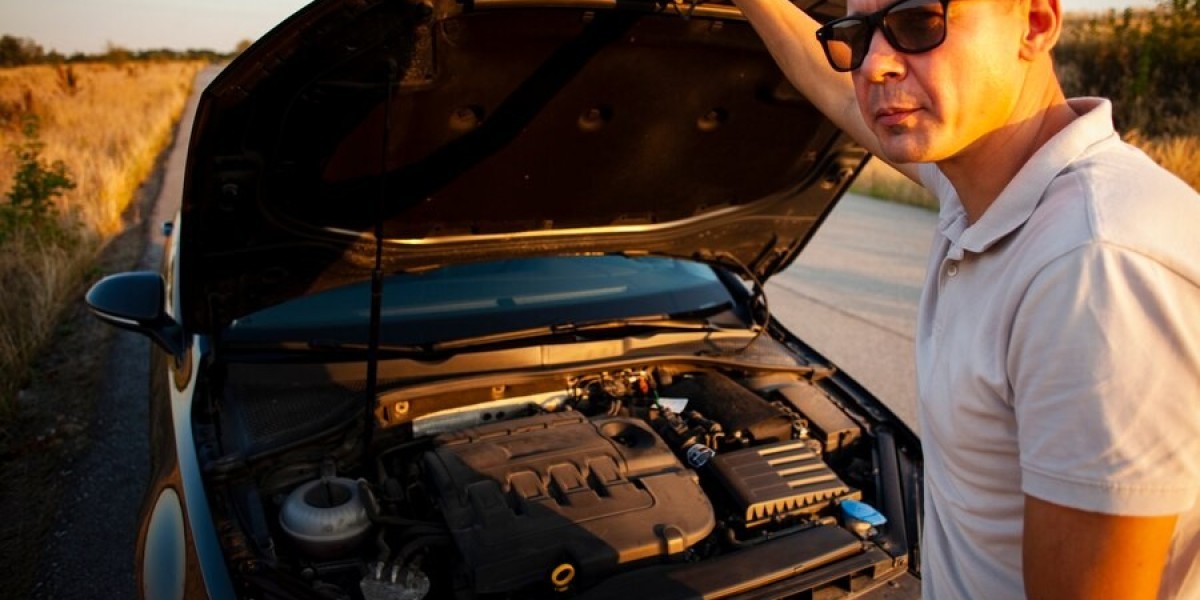Range Rover engines are known for their powerful performance, luxury feel, and advanced technology. This guide will take you through the basics of Range Rover engines, common issues, maintenance tips, and what makes these engines stand out.
1. Overview of Range Rover Engines
Range Rover vehicles come equipped with a variety of engine options, ranging from powerful petrol and diesel engines to efficient hybrids and fully electric models. The engines are designed to provide a blend of performance, comfort, and off-road capability. Here’s a quick look at the most common engine types:
Petrol Engines: These engines are popular for their high power output and smooth performance. They include 4-cylinder, 6-cylinder, and V8 options, offering varying levels of horsepower.
Diesel Engines: Known for their efficiency and torque, diesel engines are a great choice for long-distance travel and towing. They typically offer better fuel economy than petrol engines.
Hybrid Engines: Combining a petrol engine with an electric motor, hybrid options provide improved fuel efficiency and lower emissions. This is a great choice for those looking to reduce their environmental impact.
Electric Engines: Fully electric models are becoming more popular in the Range Rover lineup, offering zero emissions and smooth, quiet performance.
2. Key Features of Range Rover Engines
Range Rover engines are equipped with advanced technology to enhance performance and efficiency. Some key features include:
Turbocharging and Supercharging: These technologies boost engine performance by forcing more air into the engine, increasing power output without needing a larger engine size.
Mild Hybrid Technology (MHEV): This system uses a small electric motor to assist the engine, improving fuel efficiency and reducing emissions, especially during stop-start driving.
Ingenium Engines: A line of efficient, lightweight engines developed by Jaguar Land Rover. These engines are designed for reduced emissions and better fuel economy without sacrificing power.
All-Wheel Drive (AWD): Range Rover engines are paired with advanced AWD systems, ensuring optimal power distribution and excellent traction on various terrains.
3. Common Range Rover Engine Problems
Like any vehicle, Range Rovers svr Engine can experience engine issues. Knowing the common problems can help you identify and address them early:
Oil Leaks: Oil leaks can occur due to worn seals or gaskets, leading to engine damage if not addressed promptly.
Timing Chain Problems: A noisy or stretched timing chain can lead to poor engine performance and even cause the engine to fail if not replaced.
Turbocharger Failure: Turbochargers can fail due to oil contamination or wear, resulting in reduced power and efficiency.
Engine Overheating: Overheating can be caused by a malfunctioning cooling system, low coolant levels, or blocked radiators.
Electronic Throttle Issues: Throttle body problems can lead to erratic idling or poor acceleration, often requiring recalibration or replacement.
4. Maintenance Tips for Range Rover Engines
Proper maintenance is crucial to keep your Range Rover engine running smoothly. Here are some essential tips:
Regular Oil Changes: Ensure you change the oil and oil filter as recommended by the manufacturer. Clean oil is vital for lubricating engine components and preventing wear.
Check Coolant Levels: Keeping the coolant at the correct level helps prevent overheating and engine damage.
Inspect the Air Filter: A clean air filter ensures that your engine receives the right amount of air for combustion, improving performance and fuel efficiency.
Monitor Warning Lights: Pay attention to dashboard warning lights, such as the check engine light. Address any issues promptly to avoid further damage.
Scheduled Servicing: Adhere to the service schedule recommended in your Range Rover’s manual. Regular checks can catch potential problems early and prolong the life of your engine.
5. Performance and Efficiency of Range Rover Engines
Range Rover engines are engineered to deliver strong performance while maintaining efficiency. Here’s what you can expect:
Power and Torque: Whether you choose a petrol, diesel, or hybrid engine, Range Rover offers impressive power and torque for on-road and off-road driving.
Fuel Economy: Diesel engines and hybrid models are particularly fuel-efficient, making them ideal for those who frequently travel long distances.
Smooth Ride: Range Rover engines are known for their smooth operation, providing a quiet and comfortable driving experience.
Emissions Control: Advanced technology in hybrid and electric engines helps reduce emissions, making Range Rovers a more environmentally friendly choice.
6. What Makes Range Rover Engines Stand Out?
Range Rover engines stand out due to their balance of luxury and rugged capability. Here are some standout factors:
Adaptability: Whether navigating city streets or off-road trails, Range Rover engines adapt to different driving conditions effortlessly.
Luxury Feel: The engines are designed to deliver a refined driving experience, with smooth acceleration and minimal noise.
Off-Road Prowess: Paired with advanced AWD and terrain response systems, Range Rover engines excel in off-road performance, handling tough terrains like mud, snow, and sand with ease.
Innovative Technology: Features like turbocharging, hybrid systems, and advanced cooling ensure optimal performance and longevity.
Range Rover engines are a blend of luxury, performance, and technology. Whether you choose a petrol, diesel, hybrid, or electric engine, you can expect a driving experience that combines power with sophistication. Regular maintenance and attention to common issues will help keep your engine running smoothly for years to come.








